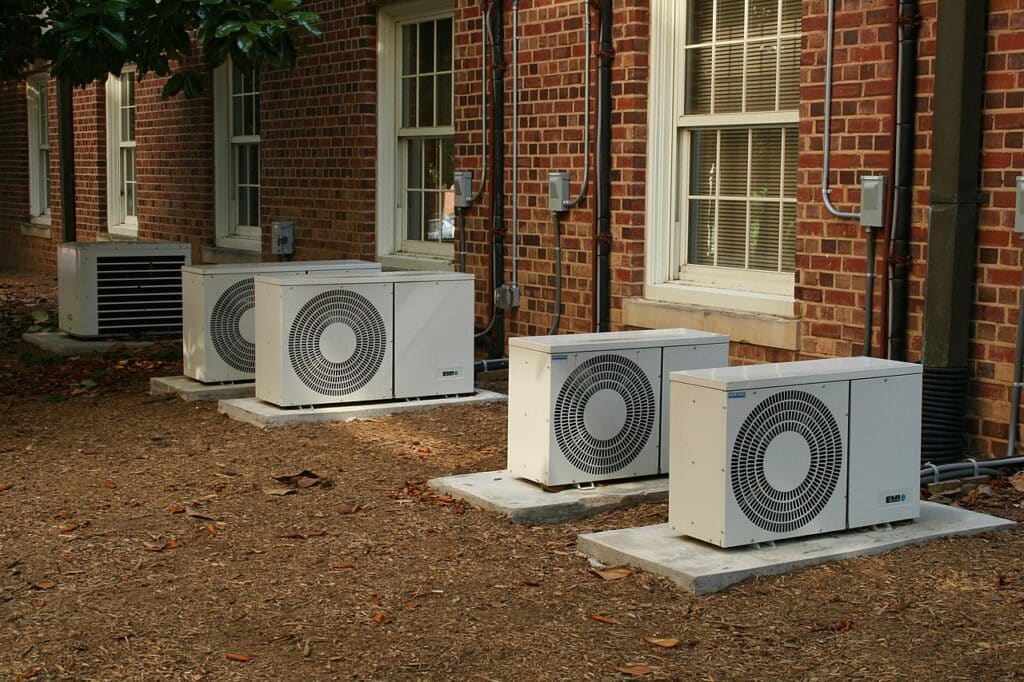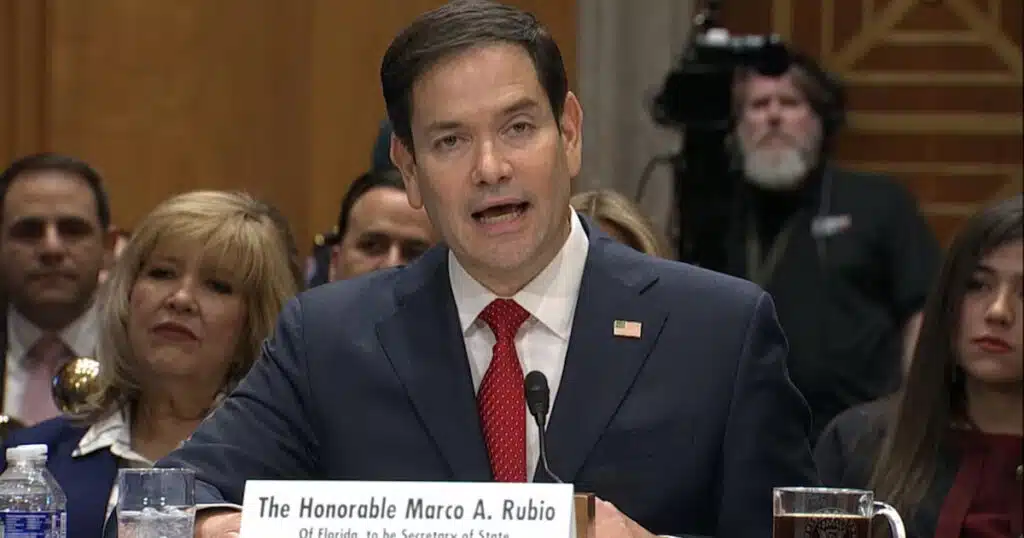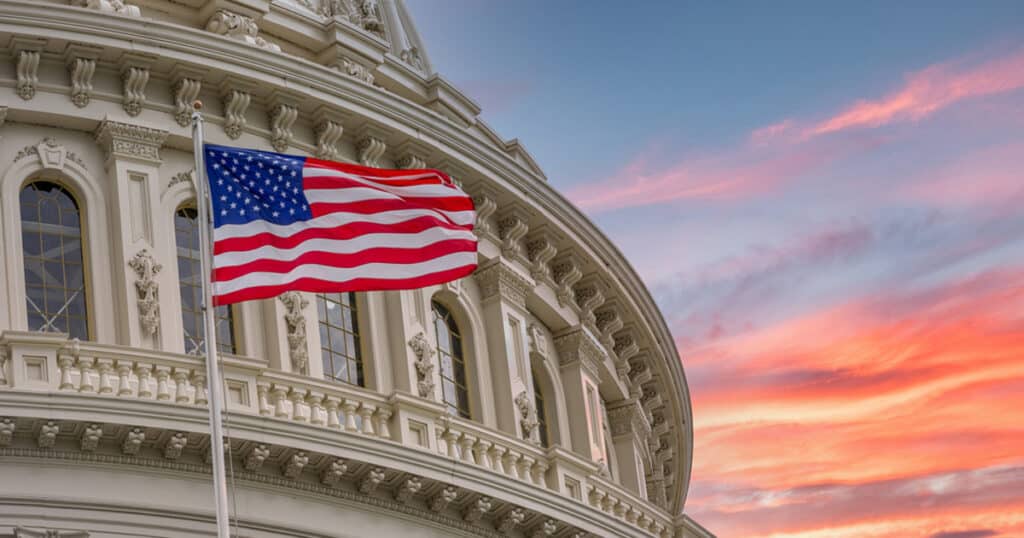
Air Conditioners the Next Target in Biden Administration’s Climate Battle
President Joe Biden and his administration may not be the best at understanding the signals coming from Russia, China or Iran and the Big Guy himself may confuse the names of Canada and China when addressing lawmakers in the Great White North, but officials in Biden’s Department of Energy feel confident reading the temperature of the newest foe in its fight against climate change, the air conditioner.
The Biden administration announced its latest home appliance regulations this week, targeting air conditioners in a move that will supposedly reduce America’s overall carbon emissions.
Unveiled latge last week by the Department of Energy (DOE), the new set of regulations will put in place energy efficiency standards for home air conditioning units, or window air conditioners, and portable air cleaners. The DOE asserts the action is designed to cut air pollution and push consumer costs down by billions of dollars with energy savings.
“Today’s announcement builds on the historic actions President Biden took last year to strengthen outdated energy efficiency standards, which will help save on people’s energy bills and reduce our nation’s carbon footprint,” Energy Secretary Jennifer Granholm said in a statement. “DOE will continue to engage with our public and private sector partners to finalize additional proposals like today’s that lower household energy costs and deliver the safer, healthier communities that every American deserves.”
The Biden administration has already declared environmental war against gas-powered stoves, ovens, clothes washing machines and refrigerators.
According to the DOE, the new energy efficiency standards will save Americans about $1.5 billion annually and curb carbon dioxide emissions by 106 million metric tons over three decades. The agency in a statement added that the regulations were part of President Biden’s efforts to promote innovation and lower costs for families “while tackling the climate crisis.”
The rules for air cleaners are scheduled to be implemented in 2024 and the rules for room air conditioners are slated for 2026.
Critics says the rules are federal overreach and unnecessary, since the industry has continually improved the technology of appliances without government intervention.
“What these mandates, what these standards do is enforce a level of efficiency that doesn’t make sense,” Ben Lieberman, a senior fellow at the Competitive Enterprise Institute, told Fox News Digital. “And they compromise product quality. We’ve already seen this to an extent with cost of clothes washer standards.”
“That’s another problem — this is a regulatory program that’s very long in the tooth and you’re getting to the point where clothes washers — this might be the fifth time they’ve been regulated,” he continued. “So we’re really chasing after diminishing or nonexistent marginal returns.”
The Association of Home Appliance Manufacturers (AHAM), the leading U.S. trade group representing appliance makers and suppliers, has warned the Biden administration actions will harm low-income households, in particular, and decrease overall product quality.
Jill Notini, a spokesperson for AHAM, told Fox News Digital that, taking into account the higher costs of appliances, the estimated savings from the energy efficiency rules “don’t add up right now during this time of high inflation.” However, she said Friday that the group supports the air cleaner rule announced this week, but remained concerned about other actions.
“Our industry puts innovative and energy efficient appliances into every home,” Notini continued. “We worked to advance the air cleaner rule within DOE, but we remain concerned that DOE is going too far on other products without any real savings to consumers, at a time when people are looking for relief.”
On his first day in office in January 2021, President Biden signed an executive order requiring the DOE to make “major revisions” to current appliance regulation standards and standards set by the Trump administration. A month later, the agency moved forward on more than a dozen energy efficiency rules, impacting a wide range of appliances.



